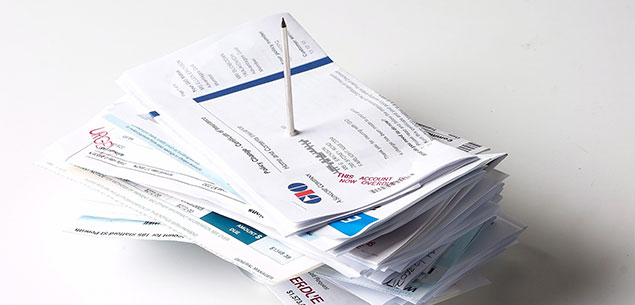On my last Telecom bill, we have been asked to sign up for online statements. If we don’t do so by May 1, we will be charged an extra $1.50 per month to have statements posted to us. Is this legal and what happens to the people who do not have access to the internet – my mother-in-law for one?
Yes, it’s legal. With suitably clear advance warnings, any commercial organisation can charge what it likes for whatever it likes. Of course, if you’re unhappy you can take your business elsewhere. Telecom tells me they’re switching their billings and payments as much as possible to the digital platform. It’s cost effective for them and environmentally beneficial for all.
Telecom maintains that the $1.50 reflects the cost of providing a paper bill, including printing and postage. But most important for you, Telecom will not be charging customers who only have a landline or dial-up account – it will just be customers with broadband and/or mobile accounts. People like your mother-in-law should not be billed. If she is, she mustn’t pay.
About 30% of Telecom’s customers elect to receive their bills electronically and this number increases every month. Having said that, I have nothing but sympathy for the elderly who struggle to cope in this new digital environment. They should never be over-looked in any change.
Recently, I was looking at purchasing a flight from Chicago to New Zealand on the New Zealand-based website of an airline. It was $300 more expensive than if I booked on the US version of the site – even after converting the currency. How can the airline’s NZ website charge so much more than its sister site for the exact same flights?
I have checked out similar fares online and found similar differences. So I raised this with some travel agents and there are various possible factors.
The most likely answer to your question is simple. The airline sells in accordance with what the market in different countries will allow. In other words, it will adjust the price of seats on a particular route for what most local consumers are prepared to pay. If an airline finds there is much more demand for certain routes in one country rather than another, it will set the cost of the seat to fit.
There is no reason why an airline must sell tickets on the same planes, on the same routes, at the same time, for the same amount of money, in every country. The frustrating thing, from your point of view, is that they may not even accept a credit payment for the cheaper fare from you if you try to buy it from over here.
A couple of other issues can also create a seeming disparity in the airfare. Are you sure that taxes have been included in both fares? The tax included in a one-way flight from Chicago to Auckland of say, $1300, is a massive $470. Finally, have you done your currency conversion correctly? Worth checking.
Image credit: Tina Smigielski/ bauersyndication.com.au




